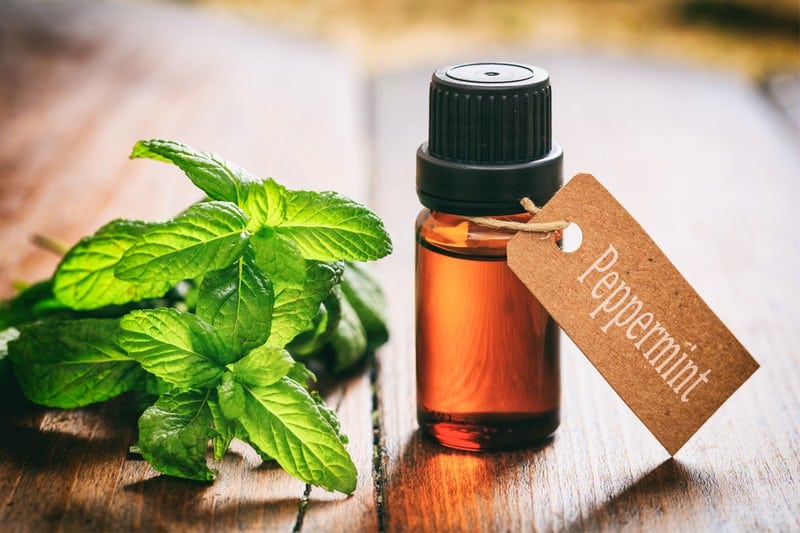Peppermint

A common flavoring for gum, tea, and toothpaste, peppermint (Mentha piperita) is also used to calm an upset stomach or to improve digestion. It is frequently used to treat headaches, skin rashes, nausea, flatulence, menstrual cramps, diarrhea, and anxiety brought on by depression. It also has a relaxing and numbing effect. Additionally, it is a component of chest rubs used to relieve cold symptoms.
Peppermint appears to have antibacterial, antifungal, and antiviral activities in test tubes, where it can kill some types of fungi, bacteria, and viruses. The primary components of peppermint, menthol, and methyl salicylate have antispasmodic and relaxing effects on the gastrointestinal tract. Numerous research backs up the usage of peppermint to treat irritable bowel syndrome and indigestion. After meals, drink a cup of peppermint tea to immediately settle the stomach or keep some peppermint candies in the pocket to enjoy.
While peppermint can help with indigestion, patients shouldn’t consume it once the issue is acid reflux. Since peppermint soothes the lower esophageal sphincter, the muscle that sets the stomach apart from the esophagus, eating it may increase acid reflux by allowing stomach acid to flow back into the esophagus.










